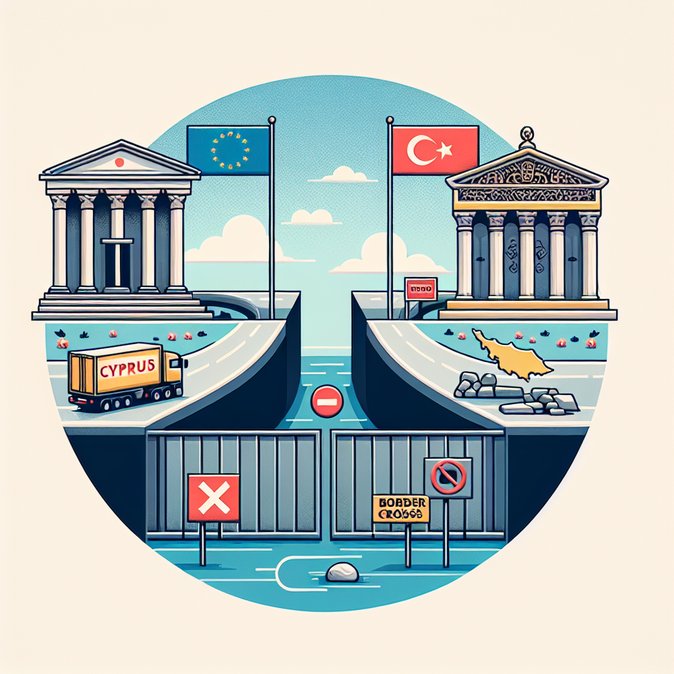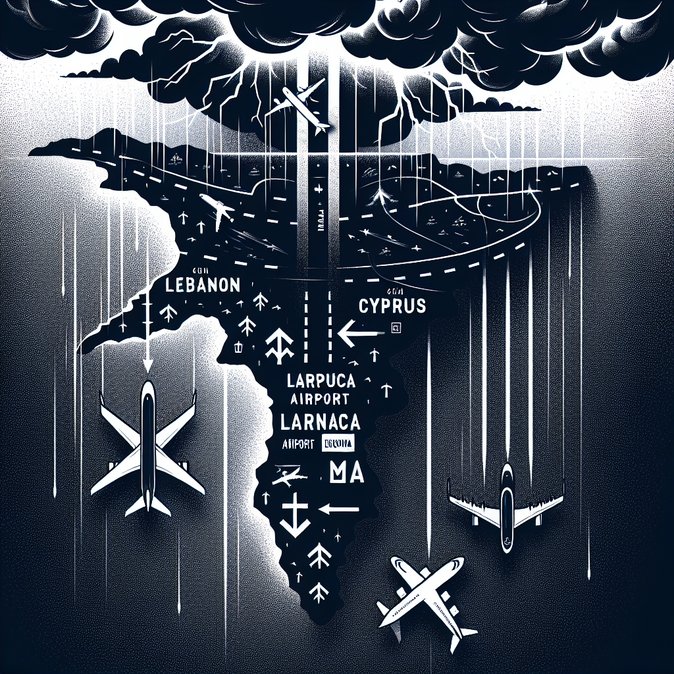
Speaking in Berlin on 14 November, President Nikos Christodoulides stated that Turkey’s insistence on a permanent two-state division of Cyprus is incompatible with EU values and would block Ankara’s hopes of moving its accession bid forward. Cyprus will assume the EU Presidency in January 2026, giving Nicosia a stronger platform to influence migration, border and Schengen files.
Christodoulides also opposed extending access to the EU Defence Fund (SAFE) to Turkey, citing the lack of an EU-Turkey security agreement. German Chancellor Friedrich Merz offered support for renewed talks under UN parameters but tied any breakthrough to Turkey’s stance on Cyprus.
![Cyprus tells Turkey to abandon two-state solution if it wants progress on EU accession]()
Why does this matter for mobility? A thaw in EU-Turkey relations could unlock visa facilitation and upgrade the 2016 EU-Turkey migration agreement—critical for managing Eastern Mediterranean flows that currently place disproportionate pressure on Cyprus’ reception system. Conversely, ongoing deadlock means Cyprus will likely veto steps such as Schengen-area visa waivers for Turkish business travellers.
Business groups welcomed the clarity. The Cyprus Employers & Industrialists Federation said predictable EU accession criteria help multinationals plan talent deployments into Turkey via Cyprus, which serves as a regional HQ for many shipping and tech firms. However, they urged Brussels to fast-track the separate files on Cyprus’ own entry into Schengen, arguing that decoupling the dossiers would benefit intra-EU mobility.
Analysts expect migration and border-management funding to feature prominently when Cyprus chairs the EU Council, including proposals to expand Frontex patrols around the Green Line and to digitalise entry/exit checks—measures that could tighten compliance requirements for cross-border contractors.
Christodoulides also opposed extending access to the EU Defence Fund (SAFE) to Turkey, citing the lack of an EU-Turkey security agreement. German Chancellor Friedrich Merz offered support for renewed talks under UN parameters but tied any breakthrough to Turkey’s stance on Cyprus.

Why does this matter for mobility? A thaw in EU-Turkey relations could unlock visa facilitation and upgrade the 2016 EU-Turkey migration agreement—critical for managing Eastern Mediterranean flows that currently place disproportionate pressure on Cyprus’ reception system. Conversely, ongoing deadlock means Cyprus will likely veto steps such as Schengen-area visa waivers for Turkish business travellers.
Business groups welcomed the clarity. The Cyprus Employers & Industrialists Federation said predictable EU accession criteria help multinationals plan talent deployments into Turkey via Cyprus, which serves as a regional HQ for many shipping and tech firms. However, they urged Brussels to fast-track the separate files on Cyprus’ own entry into Schengen, arguing that decoupling the dossiers would benefit intra-EU mobility.
Analysts expect migration and border-management funding to feature prominently when Cyprus chairs the EU Council, including proposals to expand Frontex patrols around the Green Line and to digitalise entry/exit checks—measures that could tighten compliance requirements for cross-border contractors.


